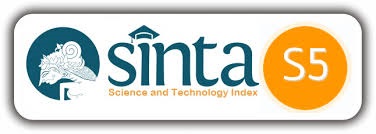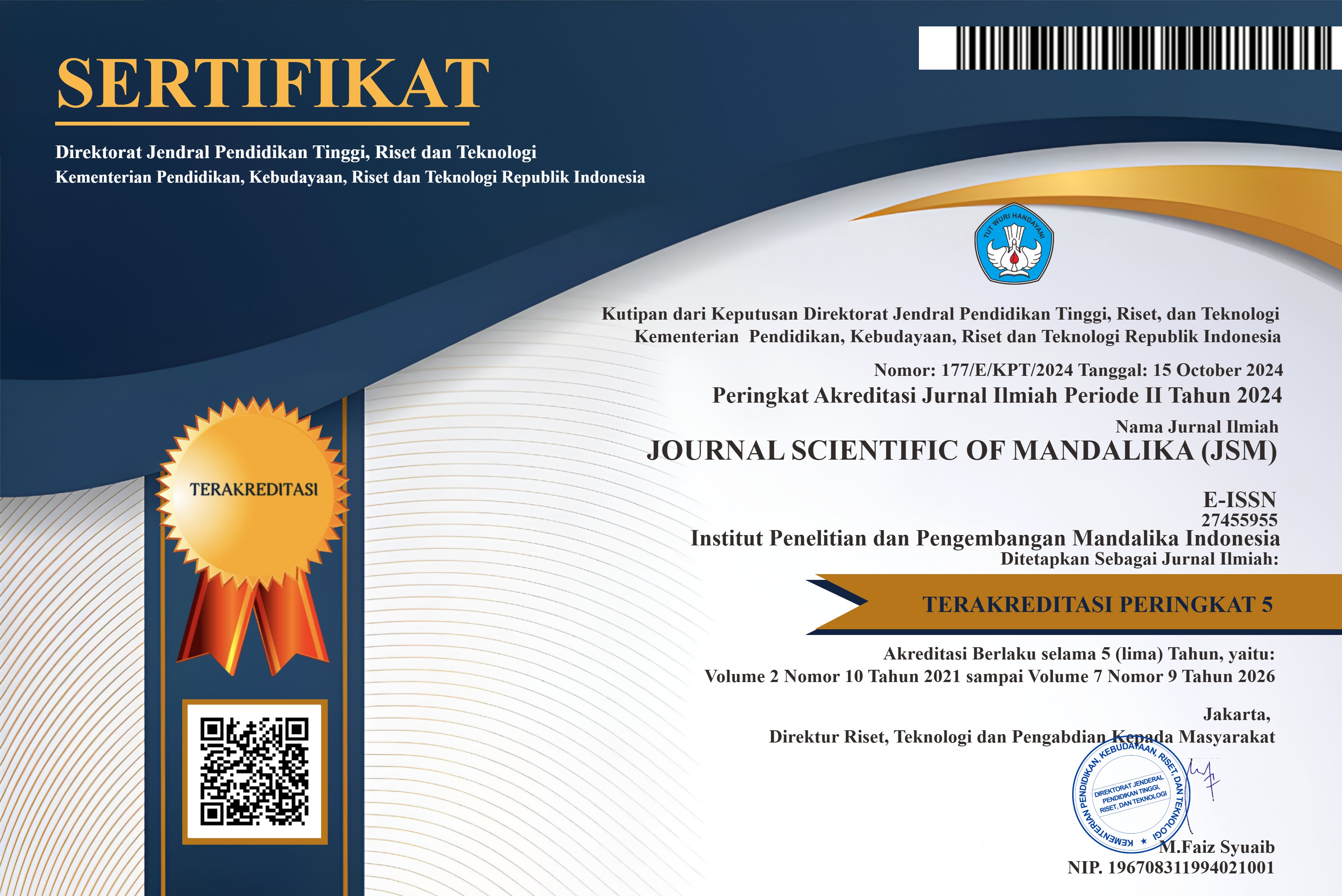Strategi Efektif dalam Penggunaan Model Biosistem : Menyusun Asumsi Dasar untuk Keberlanjutan Lingkungan
Abstract
This article discusses effective strategies for using biosystem models to achieve environmental sustainability. With increasing global challenges such as climate change, biodiversity decline, and growing food demand, the application of the biosystem model is becoming increasingly relevant. The model integrates ecological principles and appropriate technology, which enables efficient and sustainable management of natural resources. Through an analysis of the basic assumptions underlying the use of the biosystem model, this article identifies key elements that can improve agricultural productivity while maintaining ecosystem balance. The implementation of techniques such as crop rotation, agroecology, and the utilization of modern technologies such as automation and biotechnology are expected to strengthen food security and reduce negative impacts on the environment. The results from this study show that collaboration between the government, academia, and the private sector is essential to foster innovation and practice
References
Arifin, Z., Ariantini, M. S., Sudipa, I. G. I., Chaniago, R., Dwipayana, A. D., Adhicandra, I., Ariana, A. A. G. B., Yulianti, M. L., Rumata, N. A., & Alfiah, T. (2023). GREEN TECHNOLOGY: Penerapan Teknologi Ramah Lingkungan Berbagai Bidang. PT. Sonpedia Publishing Indonesia.
Bangun, M. L. (2019). Kajian Timbulan, Komposisi dan Karakteristik Sampah Non Rumah Tangga di Kota Binjai. Universitas Sumatera Utara.
Handayani, H., Duhita, M. R., Ulinniam, U., Hetharia, C., Sianturi, B. J., Yusal, M. S., Sutrisno, E., Purbowati, R., Manik, V. T., & Octorina, P. (2020). Biologi Umum. CV WIDINA MEDIA UTAMA.
Koryati, T., Purba, D. W., Surjaningsih, D. R., Herawati, J., Sagala, D., Purba, S. R., Khairani, M., Amartani, K., Sutrisno, E., & Panggabean, N. H. (2021). Fisiologi tumbuhan. Yayasan Kita Menulis.
Ramdhini, R. N., Manalu, A. I., Ruwaida, I. P., Isrianto, P. L., Panggabean, N. H., Wilujeng, S., Erdiandini, I., Purba, S. R. F., Sutrisno, E., & Hulu, I. L. (2021). Anatomi tumbuhan. Yayasan Kita Menulis.
Simarmata, M. M. T., Sudarmanto, E., Kato, I., Nainggolan, L. E., Purba, E., Sutrisno, E., Chaerul, M., Faried, A. I., Marzuki, I., & Siregar, T. (2021). Ekonomi Sumber Daya Alam. Yayasan Kita Menulis.
Sitorus, E., Sutrisno, E., Armus, R., Gurning, K., Fatma, F., Parinduri, L., Chaerul, M., Marzuki, I., & Priastomo, Y. (2021). Proses Pengolahan Limbah. Yayasan Kita Menulis.
Sutrisno, E., Sari, A. N., Faradika, M., Noviana, L., Mohamad, E., Sari, S. P., Indrawanto, D., Theresia, & Tangio, J. S. (2024). Toksikologi
Copyright (c) 2025 Ahmad, N, Eko Sutrisno, Sholikhah, F, M. Adik Rudiyanto

This work is licensed under a Creative Commons Attribution-ShareAlike 4.0 International License.













